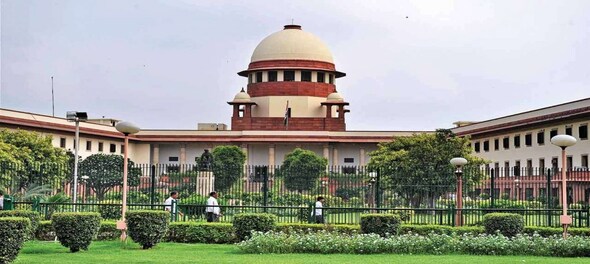
Bringing cheer to banks, the Supreme Court on Thursday said lenders will be given priority over the Centre and state when it comes to dues, including excise and tax.
Settling the law, a bench comprising Justices L Nageswara Rao and Vineet Saran said the Sarfaesi Act, 2020, will have an overriding effect on the provisions of the Central Excise Act.
A consortium of banks led by the Punjab National Bank had appealed to the top court on a ruling by the Allahabad High Court in favour of the excise department.
In the case under consideration, the Commissions of Customs and Central Excise, Ghaziabad, had confirmed an excise duty demand of Rs 15 crore from Rathi Ispat, including interest and penalty. The department had confiscated land, building, plant and machinery of the company for evading excise duty.
Meanwhile, a consortium of banks led by PNB had issued a notice to Rathi Ispat for defaulting payment of 2005 loan dues. Invoking Section 13(2) of the Sarfaesi Act, the banks asked the company why its mortgaged or hypothecated properties should not be attached and auctioned for recovery of dues. The excise department, however, intervened and asked the assessee not to deal with the confiscated properties.
The consortium of banks challenged the move in the high court. However, the writ petition filed by the bank was dismissed by the Allahabad High Court, following which the banks appealed to the apex court.
The Supreme Court ruling stood by the banks’ claim that the provisions provided under Section 35 of the Sarfaesi Act, 2002, has an overriding effect on all other laws, including Section 11E of the Central Excise Act, 1944. It said the secured creditor or bank will have the first charge on the secured assets, thereby giving the debts of banks priority over the dues of the central excise department.
The SC also said the excise department’s contention that a confiscation order cannot be quashed as a security interest is attached to the same property is “not worthy of acceptance”.
Read Also |



